This May Be The Key To Being More Adaptive (Season 2021, Episode 4)
Podcast: Play in new window | Download (Duration: 17:41 — 16.2MB)
Subscribe: Apple Podcasts | Spotify | RSS | More
Being adaptive is innate in all of us. Human beings have power no other animal has – the ability to adapt quickly! Because of our brainpower, we can adjust and adapt fast! Faster than any creatures on the planet.
Humans have the ability to project and consider various outcomes. We’re able to think about what it might be like without ever having experienced it. As we think about it we’re able to feel things as though they’re real. It helps us figure things out. And pretty quickly.
Speed is relative. Up against Usain Bolt, I would prove the point. He’s a hare. I’m a tortoise. But up against my 97-year-old father with one bad knee, I’m a hare. One man’s ceiling is another man’s floor.
Science indicates our lives are largely 50/50 affairs with half of our being determined by genetics and the other half our ability to alter ourselves. But it’s not a binary thing where we can just blame our poor behavior on “that’s just how I am.” It speaks to our abilities and skills. Or about our capacity to learn and perform. Mostly, it speaks to our abilities to think our way to growth. Our thoughts provide a great opportunity to become more adaptive.
To what? To anything. To everything.
Becoming more adaptive is largely about our ability to figure it out – whatever it may be. And to go a step further by making whatever adjustments benefit us.
Being adaptive – and being more adaptive – is a worthwhile pursuit that every good leader embraces, but there’s a prerequisite, humility. Today, I’m going to call it something else though because I’ve learned this is a more descriptive term.
Surrender.
Hear me out. I know we love to make war and sports metaphors, but not today. Today, we’re focused on our humanity. Our individual and collective ability to understand, learn, improve and grow. It’s hard work – work that has nothing to do with winning or losing as in you’re either doing one or the other. It’s about progress. A never-ending process.
We may become fully grown physically based on our height, but our growth is never complete until we die. There are things to learn. Things to improve. Deeper understanding to be had. Blind spots to be eliminated.
Surrender? Never, some may say.
To what?
This is where it gets dicey in today’s culture.
“Do more of what makes you happy.”
“Do what pleases you. Drive others crazy!”
Social media posts like these preach a false gospel of self-centeredness and selfishness. They make us think we’re the focal point of the universe. They make us think more highly of ourselves than is healthy for us.
It sounds beneficial, but it’s extremely destructive. For us as individual people and for all of us, as a collective.
If I behave in a way that suits only me, without due consideration for others, then how am I made better? Watch an untethered child who is unrestrained in any way and I’ll show you not only a miserable child but very miserable parents. And I’ll also be able to show you friends and family who are equally miserable in the presence of that child. Worse yet, the child isn’t being trained to learn better. Thinking unrestrained is freedom we’ve somehow lost our way that freedom is found in the wisdom of restraints that serve us.
Let’s consider a leader, Dean.
Dean is very capable. He’s well-educated, has tons of experience, and has a sharp mind.
But Dean is pompous, arrogant, and filled with hubris. He seeks no outside opinions. Listens only when he has to. And largely behaves – his track record shows it – with his mind already made up.
Dean’s leadership team knows they’re mostly ignored, except in presenting verifiable facts. But even then they’ll tell you, “I don’t think he trusts anything I ever tell him.” More quickly, they’ll confess that they rarely trust anything he tells them.
Dean has proven he lacks the willingness or capacity to surrender. He won’t surrender his predetermined opinions. He won’t surrender his space in a meeting to speak. He won’t surrender what he most wants. He won’t surrender any power or authority. Dean is a winner whose motto is, “Take no prisoners!” Dean sees human interaction as warfare. It’s a zero-sum game where he must win.
Like many other leaders – excuse me, BOSSES – Dean hasn’t learned the value of surrender.
He’s never felt the high value of submitting to the insights, experiences, knowledge or skill of others. He’s never considered that giving the room to somebody else can be the path toward more deeply understanding the problem. Or the proposed solutions. He’s certainly not experienced the great benefit of surrendering his pride to the reality that he’s got some very smart, capable people around him. Or that they’d jump at the opportunity to serve better if given the chance.
The result? Dean is boss. And that’s what matters most to him.
But he’s not a high performer. In spite of the fact that he thinks he is.
Jennette is also a boss. And a leader. She has 14 direct reports and leads an organization that’s about 3 times larger than Dean. Some would argue that the size of her team (and her organization) determines the differences in how she operates and how Dean operates, but that misses the point. Jennette is whip-smart and has vast experience in everything from finance to marketing to data analytics. I’m not comparing her achievements to Dean by means of putting Dean down. I simply want you to see the difference humility makes. It’s extraordinary!
Jennette assembles her leadership team together – all of them – once a week for a 90-minute meeting. She’s done that for as long as she can remember. Like a good chairperson, she simply keeps the meeting moving. “My primary goal is to listen and foster questions so everybody in the room understands,” she says. Interview her team and they’ll readily tell you how she refuses to taint the well with any opinions until people have been heard. One of the more remarkable comments made by her CFO makes the point, “You wouldn’t know she’s officially at the head of the table (he means, you wouldn’t know she’s the boss) because she’s part of the team. She’s never behaved as though she was above us or superior to us and separate from us. We’re all in this together.”
Press these executives about Jennette’s questions and you hear these comments.
“She’s not aiming to put us on the spot or back us in a corner. She’s genuinely trying to understand herself and very focused on making sure the rest of us do, too.”
“She asks great questions. I think she’s mostly interested in making sure we’re all – including her – seeing things as clearly as possible.”
“I think we’d all tell you that she’s made us better at digging and asking questions to really get down to the nitty-gritty of the issue.”
Jennette is very submissive to her curiosity and the quest for the best understanding possible. Her 14 direct reports will happily tell you they feel heard and supported. “She is my biggest ally and strongest resource,” said the company’s HR leader. “Do your peers feel the same way?” I ask. “No doubt,” she responds without a second’s hesitation. “She makes all of us feel like she’s here only to help us be as successful as possible.”
High-performance cultures are determined by what we do and how we do it. In spite of the fact that some people want to think that what we do doesn’t determine who we are – it does. It absolutely does.
A junior high student would be able to tell us which leader – Dean or Jennette – is the most adaptive. Predicting which leader has higher success, greater achievement, and a higher-performance culture — that’s not terribly challenging to figure out.
I know I’m a broken record about humility, but that’s only because it is so vital to all this. Without it, all hope is lost.
Next week I’m going to release a city government leadership episode featuring a conversation with Tommy Gonzales, the City Manager for El Paso, Texas. I hope you’ll tune in for that.
Be well. Do good. Grow great!

This May Be The Key To Being More Adaptive (Season 2021, Episode 4) Read More »
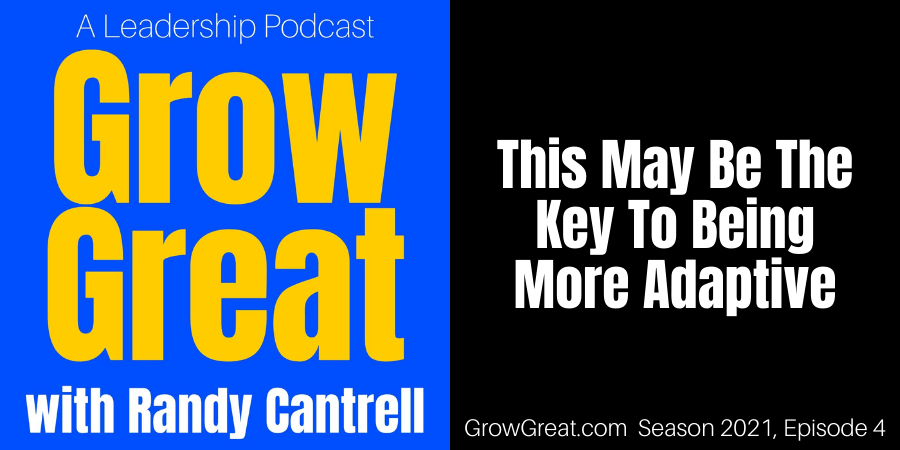
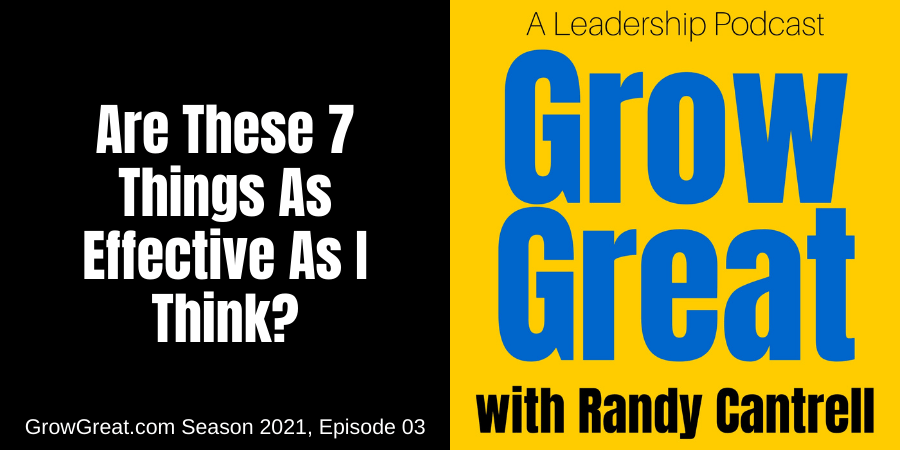
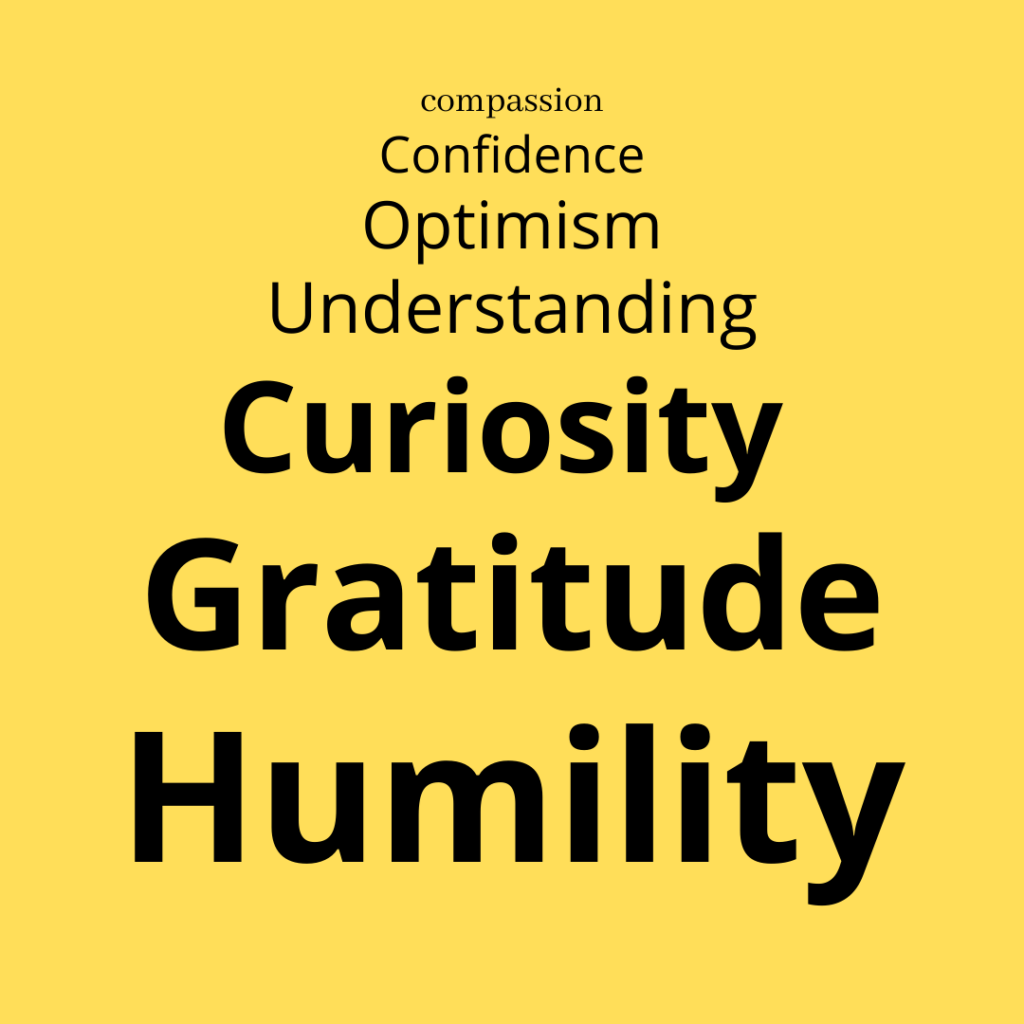
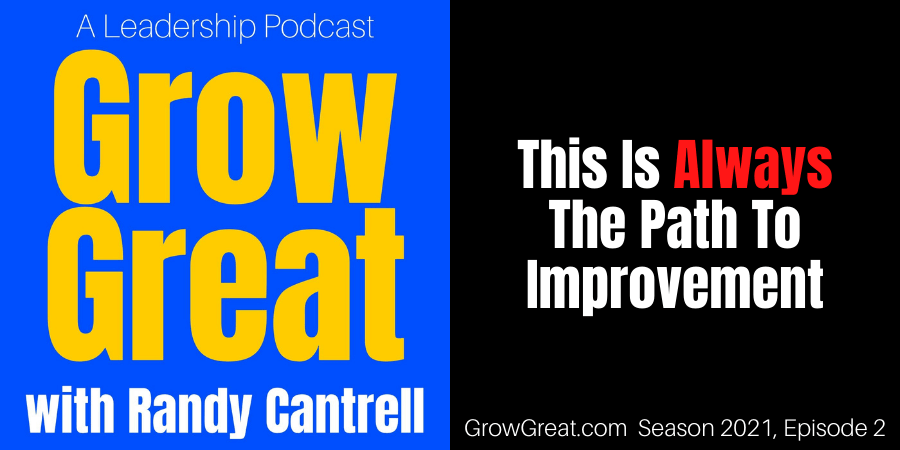

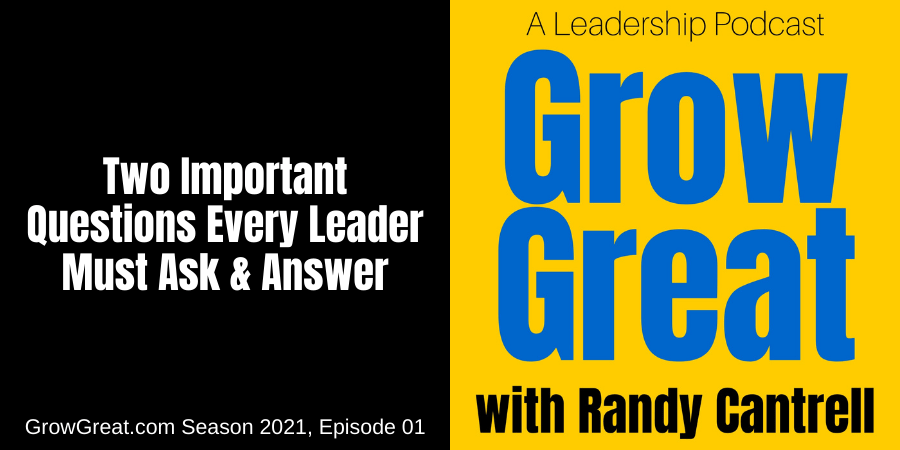
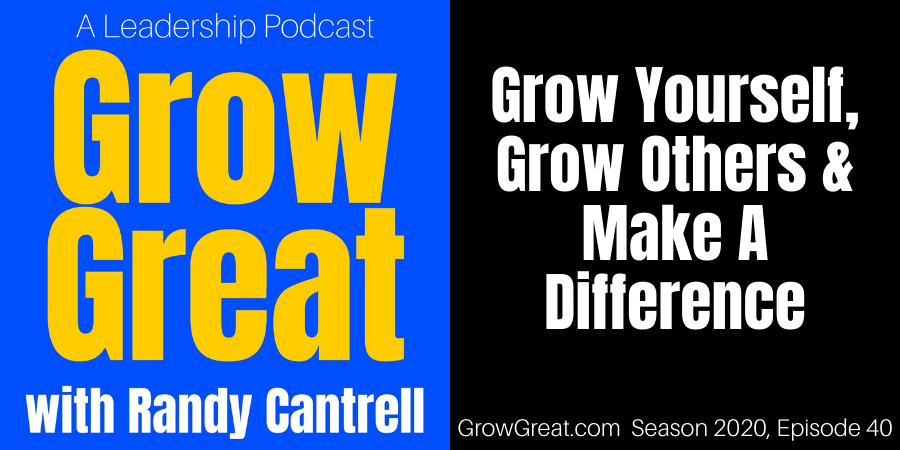
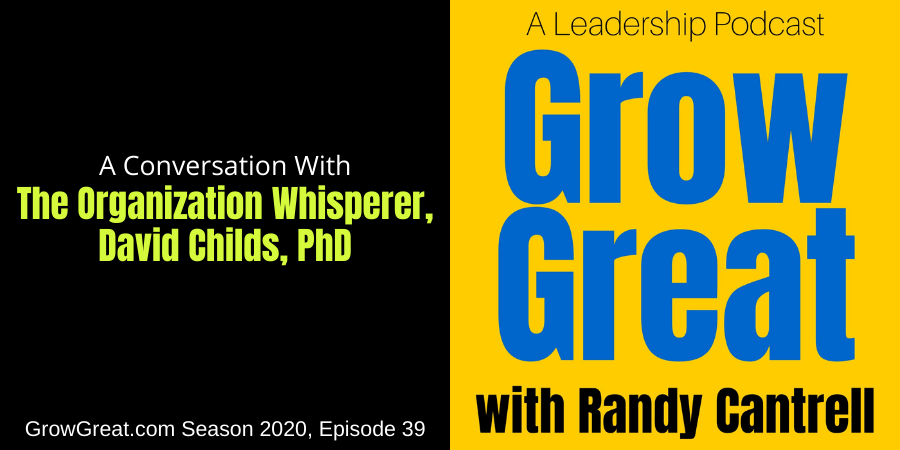
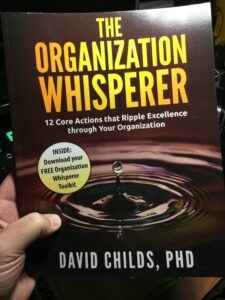 Serendipity happened.
Serendipity happened.